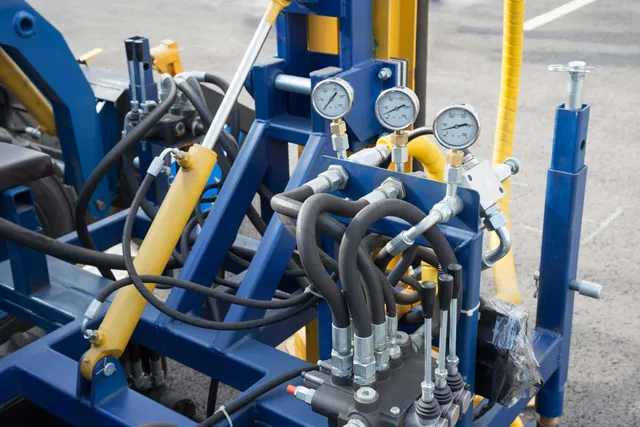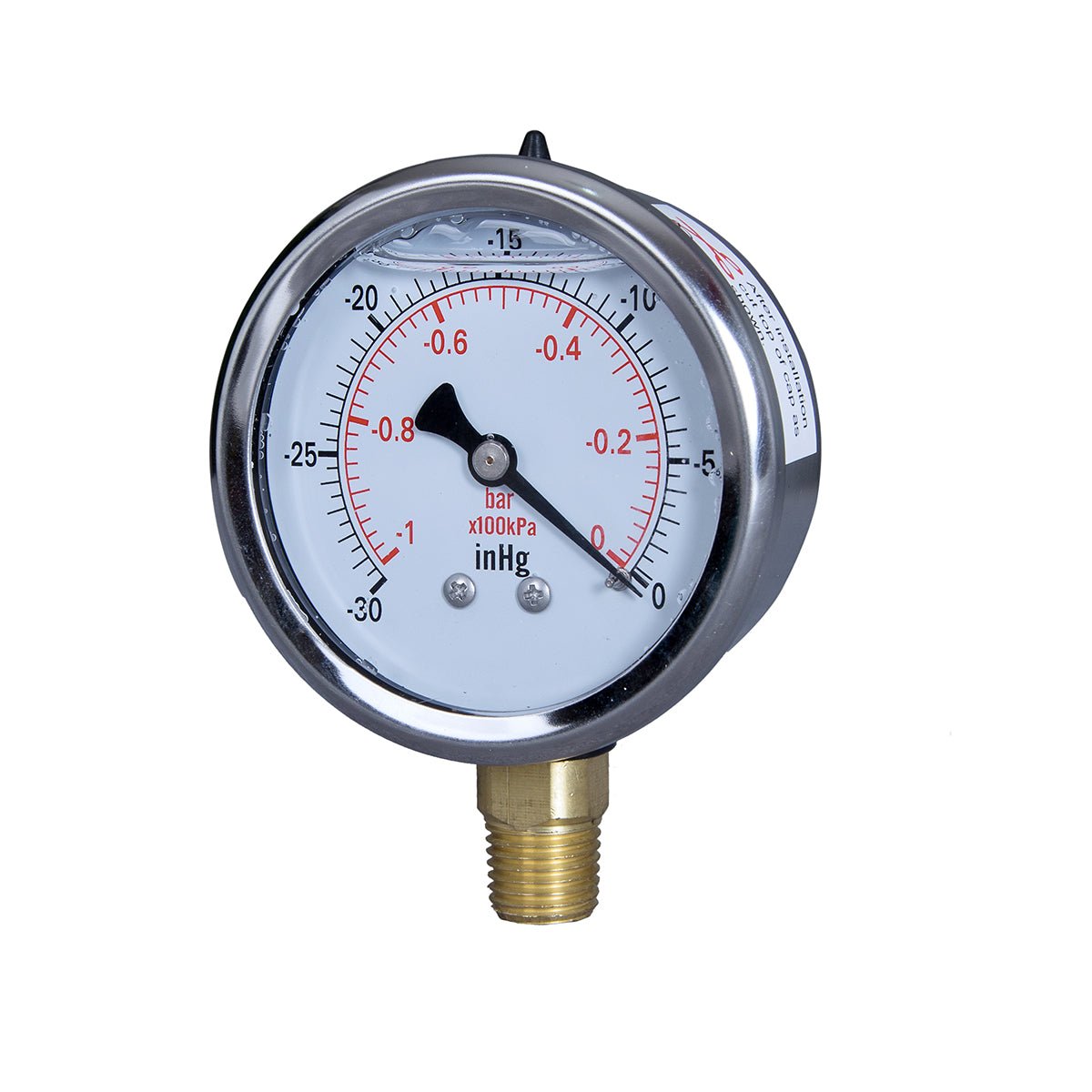
Top 5 Applications of Pressure Gauges in Industry
In any industrial process, pressure control is crucial. Whether you're dealing with liquids, gases, or steam, monitoring pressure is essential for maintaining safety, system performance, and equipment longevity. In this article, we’ll explore the top five industrial applications where pressure gauges play a vital role.
1. Hydraulic Systems
Hydraulic systems power machinery in construction, manufacturing, and automotive industries. In these systems, precise pressure control ensures:
1. Proper functioning of actuators and pistons
2. Avoidance of system overload or component failure
3. Improved energy efficiency
✅ Recommended product: Glycerin-filled pressure gauges to absorb system vibrations and provide stable readings.
2. HVAC (Heating, Ventilation, and Air Conditioning)
Pressure gauges are critical in HVAC systems for:
1. Monitoring refrigerant pressure in cooling units
2. Verifying gas pressure in boilers or furnaces
3. Ensuring balanced airflow and system efficiency
Without proper pressure readings, HVAC systems may consume excess energy or deliver poor performance.
🔧 Installation tip: Use pressure gauges with appropriate temperature ratings for both hot and cold lines.
3. Water Supply and Filtration Systems
In water treatment plants and irrigation systems, pressure gauges are used to:
1. Monitor inlet and outlet pressures
2. Detect clogged filters or malfunctioning pumps
3. Prevent pressure drops that affect system flow
Maintaining ideal pressure levels is essential to protect pipes and preserve water quality. Did you know? A pressure drop could indicate filter saturation—routine monitoring prevents costly downtime.
4. Oil and Gas Industry
In oil fields and refineries, where pressure levels can be extremely high, pressure gauges:
1. Help detect pressure surges or leaks
2. They are used on compressors, storage tanks, and pipelines
3. Play a role in environmental compliance and worker safety
Due to harsh environments, stainless steel, explosion-proof, or dry-type gauges are typically used.
🛡️ Safety note: Always select pressure gauges with pressure ratings above maximum system pressure to avoid accidents.
5. Industrial Compressors and Pneumatic Systems
In factories and workshops, pressure gauges are attached to:
1. Air compressors
2. FRL units (Filter-Regulator-Lubricator)
3. Pneumatic control panels
They allow operators to monitor system pressure in real time, ensuring stable air delivery and extending equipment life. Our tip: Pair your gauge with a ball valve for quick shut-off and safe maintenance.
Conclusion
From hydraulic presses to HVAC chillers, pressure gauges are everywhere in modern industry. Using the right type of gauge ensures efficiency, safety, and cost savings.
Whether you're working with water, oil, steam, or air, JIVTO pressure gauges are built to deliver accurate performance in all conditions.



